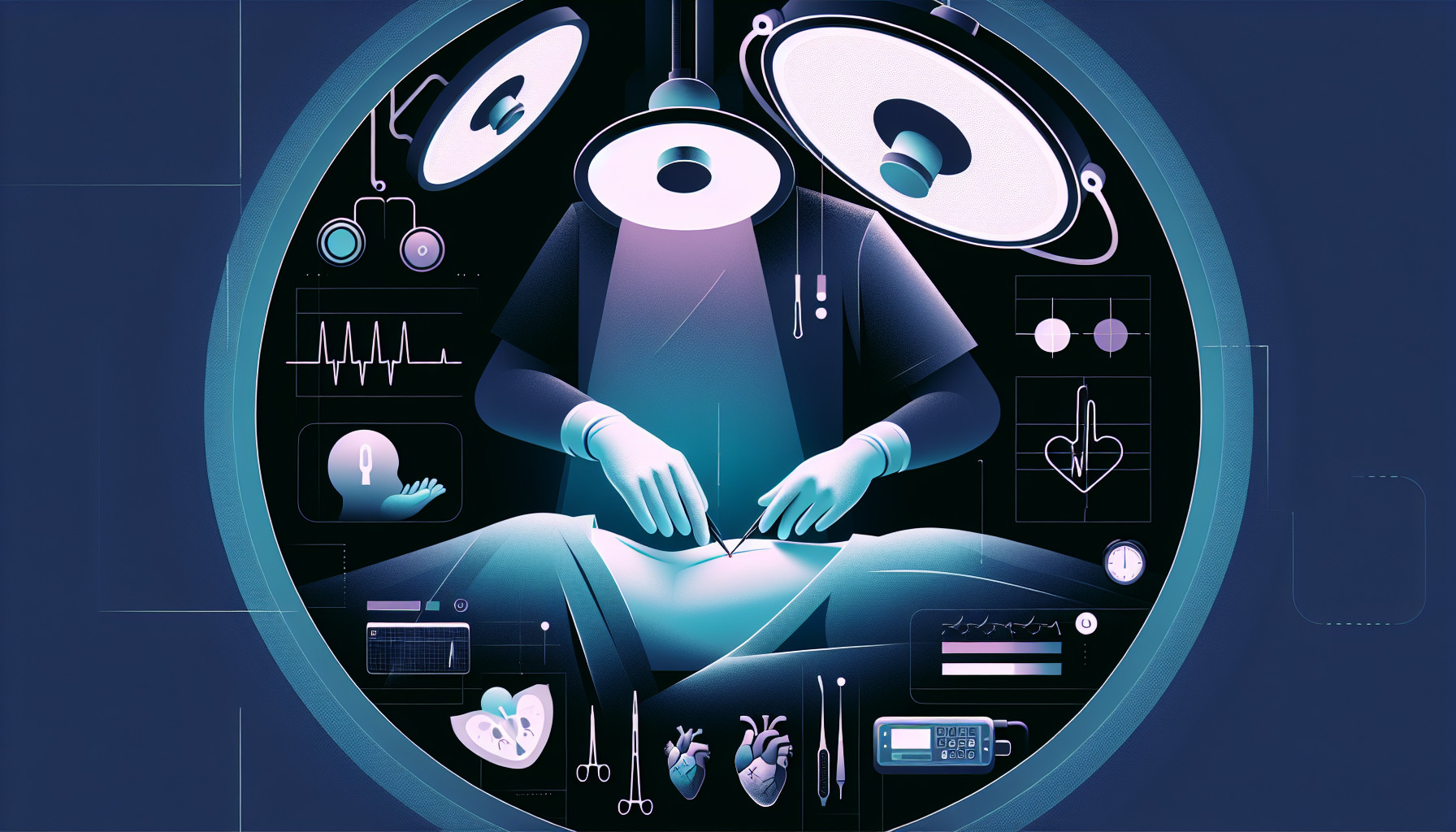Our Summary
This research paper appears to discuss the impact of Traditional Chinese Medicine (TCM) on perioperative care for patients undergoing a modified radical mastectomy due to breast carcinoma (cancer). The term ‘perioperative care’ refers to the care given before, during, and after surgery. A ‘modified radical mastectomy’ is a surgical procedure where the entire breast, most of the lymph nodes under the arm, and often the lining over the chest muscles are removed, but the chest muscles themselves are spared.
Although the abstract is not available, it’s likely that the study examines how TCM, an ancient system of health and wellness, could potentially enhance recovery, manage post-operative symptoms, or reduce side effects associated with the surgery. TCM methods could include the use of herbs, acupuncture, massage, exercise, dietary therapy, etc. The paper might have explored the efficacy, safety, and potential benefits or drawbacks of integrating TCM practices into conventional perioperative care for breast cancer surgery.
FAQs
- What is a modified radical mastectomy in the context of breast carcinoma?
- How does Traditional Chinese Medicine fit into perioperative care for a radical mastectomy?
- What is the role of perioperative care in modified radical mastectomy?
Doctor’s Tip
A doctor might advise a patient undergoing a radical mastectomy to follow a proper post-operative care routine, including gentle exercises to aid in recovery, maintaining a healthy diet to promote healing, and attending regular follow-up appointments for monitoring and support. It is also important to communicate any concerns or changes in symptoms to your healthcare provider promptly.
Suitable For
Radical mastectomy is typically recommended for patients with advanced stages of breast cancer, particularly those with large tumors or tumors that have spread to nearby lymph nodes. It may also be recommended for patients with a high risk of recurrence or those with inflammatory breast cancer. Additionally, radical mastectomy may be recommended for patients who are unable to undergo breast-conserving surgery or who have a strong family history of breast cancer.
Timeline
- Before radical mastectomy:
- Patient is diagnosed with breast cancer through physical examination, imaging tests, and biopsy.
- Patient discusses treatment options with their healthcare team, including the possibility of a radical mastectomy.
- Patient undergoes preoperative evaluations, such as blood tests, chest x-rays, and electrocardiograms, to ensure they are healthy enough for surgery.
- Patient meets with an anesthesiologist to discuss anesthesia options for the surgery.
- Patient receives preoperative instructions, such as fasting before the surgery and avoiding certain medications.
- After radical mastectomy:
- Patient undergoes the surgery, during which the entire breast tissue, including the breast, chest wall muscles, and lymph nodes, is removed.
- Patient wakes up in the recovery room and is closely monitored for any complications.
- Patient may experience pain, swelling, and limited mobility in the affected area postoperatively.
- Patient receives pain medication and instructions on wound care and physical therapy to aid in recovery.
- Patient may undergo additional treatments, such as chemotherapy or radiation therapy, to further treat the cancer.
- Patient attends follow-up appointments with their healthcare team to monitor their recovery and overall health.
What to Ask Your Doctor
- What is a radical mastectomy and why is it being recommended for me?
- What are the potential risks and complications of a radical mastectomy?
- How will a radical mastectomy affect my physical appearance and self-image?
- What is the expected recovery time and rehabilitation process after a radical mastectomy?
- Are there any alternative treatment options to a radical mastectomy?
- Will I need any additional treatments, such as radiation therapy or chemotherapy, after the surgery?
- How will a radical mastectomy affect my daily activities and quality of life?
- What type of follow-up care and monitoring will be necessary after the procedure?
- Are there any specific lifestyle changes or precautions I should take after a radical mastectomy?
- Can you provide me with information on support resources or counseling services for patients undergoing a radical mastectomy?
Reference
Authors: Zhang J, Sun X, Zhang F, Guo L. Journal: Asian J Surg. 2023 Mar;46(3):1385-1386. doi: 10.1016/j.asjsur.2022.09.002. Epub 2022 Sep 15. PMID: 36117063
